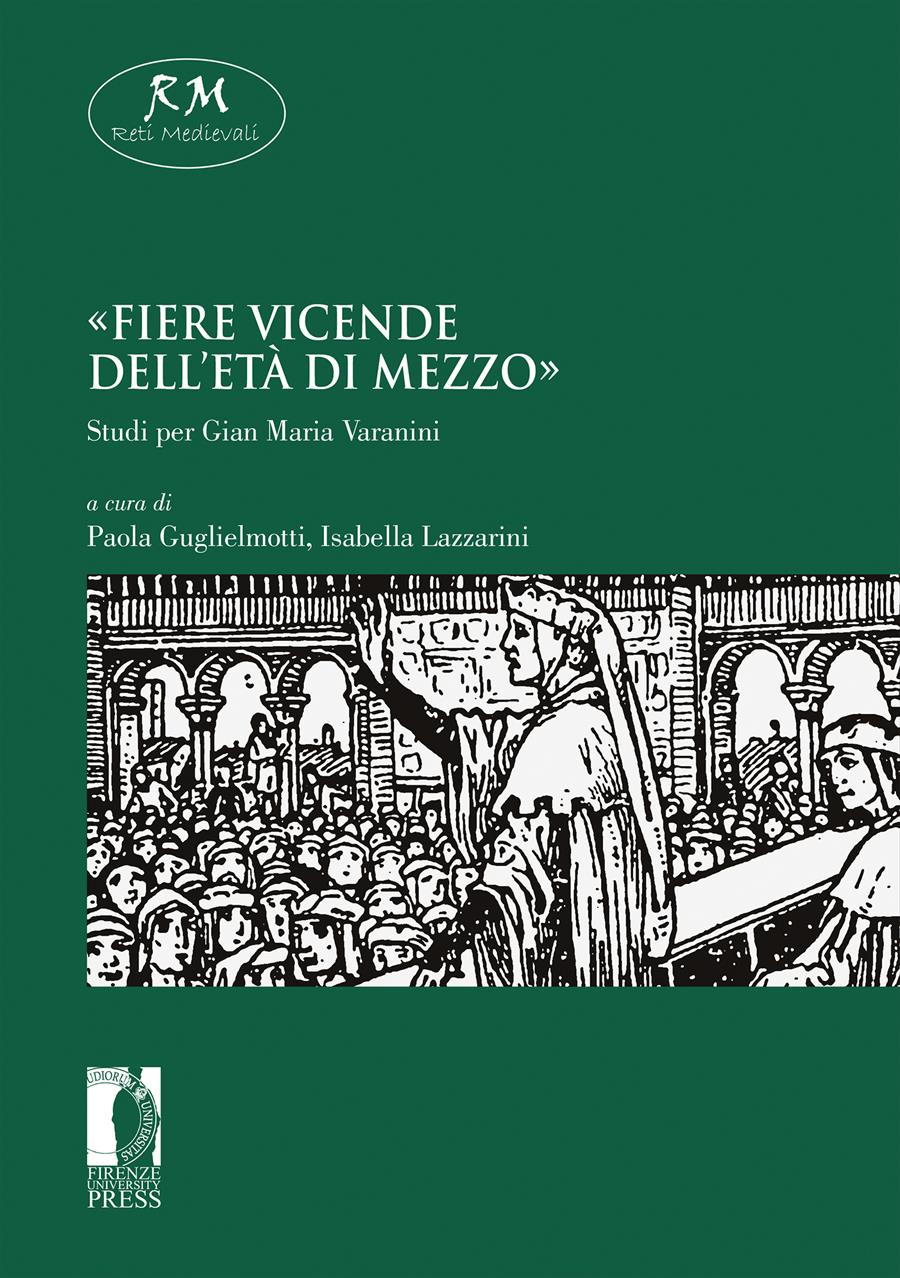- «Fiere vicende dell’età di mezzo»
- Edited by Paola Guglielmotti, Isabella Lazzarini
Fisco e mobilità geografica. Il censimento ostiatim in un villaggio della pianura campana (1522)
- Francesco Senatore
- © 2021 Author(s) |
- CC BY 4.0
- DOI: 10.36253/978-88-5518-423-6.17
The paper studies a rare record: the census (numerazione dei fuochi) of Fratta piccola (today Frattaminore), a village near Naples, in 1522, focusing on the process of counting the households in the Kingdom of Naples and on the description of the families. The village had a young and dynamic demographic profile, influenced by the capital city.
- Keywords:
- Early modern times; 16th century; Kingdom of Naples; Demography; Censuses; rural societies.,
University of Naples Federico II, Italy - ORCID: 0000-0002-5034-8609
Chapter Information
Chapter Title
Fisco e mobilità geografica. Il censimento ostiatim in un villaggio della pianura campana (1522)
Authors
Francesco Senatore
Language
Italian
DOI
10.36253/978-88-5518-423-6.17
Peer Reviewed
Publication Year
2021
Copyright Information
© 2021 Author(s)
Content License
Metadata License
Bibliographic Information
Book Title
«Fiere vicende dell’età di mezzo»
Book Subtitle
Studi per Gian Maria Varanini
Editors
Paola Guglielmotti, Isabella Lazzarini
Peer Reviewed
Number of Pages
344
Publication Year
2021
Copyright Information
© 2021 Author(s)
Content License
Metadata License
Publisher Name
Firenze University Press
DOI
10.36253/978-88-5518-423-6
ISBN Print
978-88-5518-422-9
eISBN (pdf)
978-88-5518-423-6
eISBN (xml)
978-88-5518-425-0
Series Title
Reti Medievali E-Book
Series ISSN
2704-6362
Series E-ISSN
2704-6079
